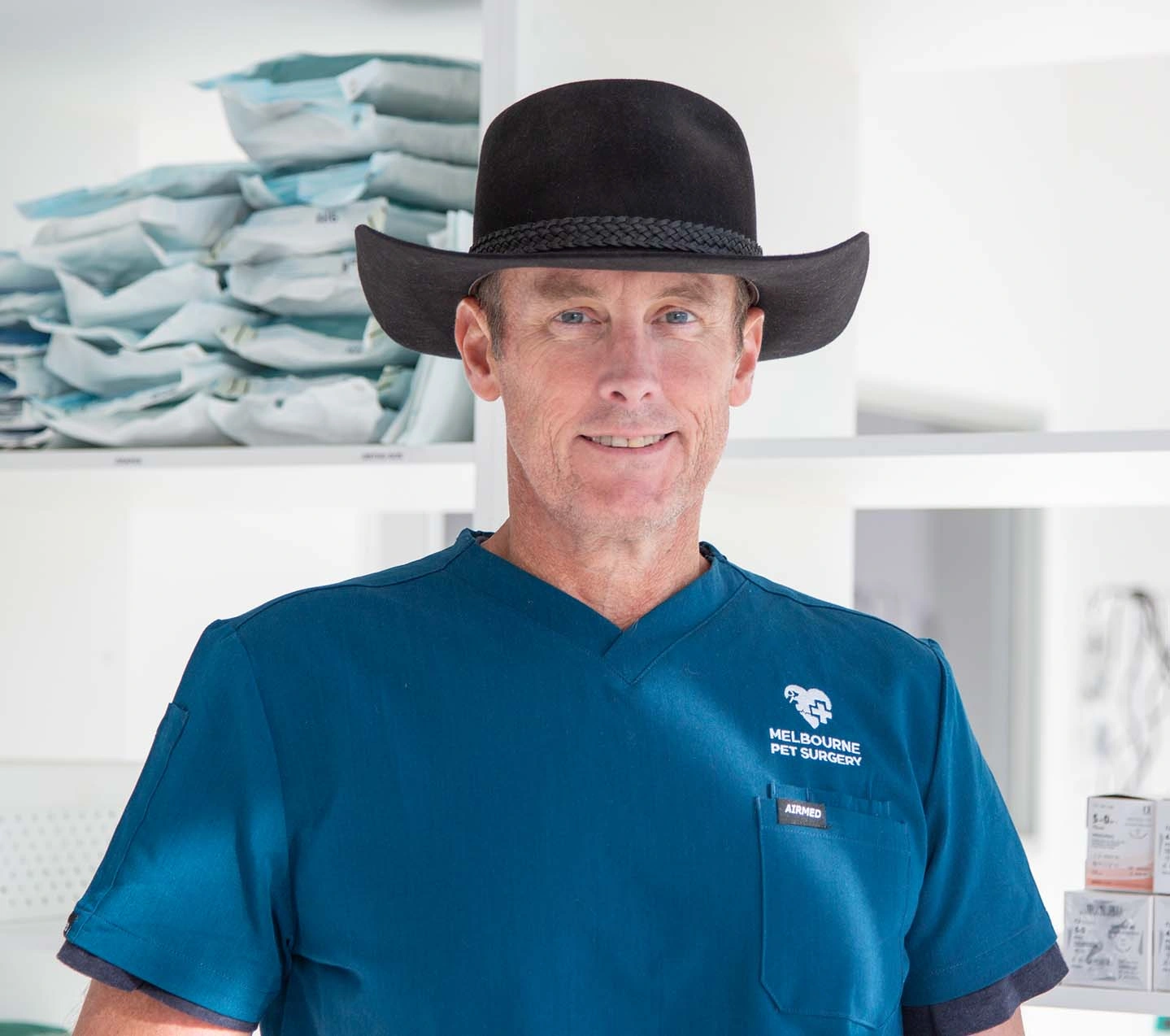Brachycephalic Obstructive Airway Syndrome (BOAS)
What is BOAS?
Generally, dogs with BOAS have a history of noisy breathing and snoring (especially when breathing in). Some dogs have also been known to retch, gag or reverse sneeze as a result of choking on their overlong soft palate. Obesity can further exacerbate the problem, as it causes the airway to narrow further.
Other symptoms include: exercise intolerance, cyanosis (blue tongue and gums due to lack of oxygen), occasional collapse (especially following over-activity, excitement, or excessive heat/humidity), and regular regurgitation of food, white froth or bile.
Your dog will generally have their body condition score (BCS) assessed, with a rating of 1 meaning very underweight, 5 meaning normal and 9 meaning obese. If your pet is mildly to moderately affected by BOAS, they may also undergo a 3-minute exercise test to assess changes to their breathing patterns.
For a definitive diagnosis of an elongated soft palate, enlarged tonsils and/or laryngeal collapse, your dog will need to undergo examination with a laryngoscope under general anaesthesia.
Other diagnostic tools include x-rays of the chest and spine and endoscopies of the stomach and small intestine for biopsies to exclude other causes that could be contributing to the issue.
If the patient is overweight, dietary changes will first be advised to help the dog lose weight and reduce some of the pressure on its airway.
If the patient still experiences problems or is not overweight to begin with, surgical intervention may be required. This could include widening the stenotic nares by removing part of the nose folds, which will improve nasal airflow. Soft palate shortening (staphylectomy) may be combined with thinning (palatoplasty) to remove excess tissue and create space in the back of the nose and mouth.
In cases where the laryngeal saccules are inside out, they may either be left to correct themselves or removed entirely if more severely affected. Enlarged tonsils that are thought to be contributing to airway narrowing may also be removed as a part of the procedure.
Procedure cost
Soft palate surgery usually costs between $1,500 and $1,850 at Melbourne Pet Surgery.
Optional pre-anaesthetic blood test available for all surgeries (additional cost)
Recovery and aftercare
.webp)
Patients are monitored closely after surgery to ensure that no complications arise, however, we like to get them home as soon as possible to help reduce their stress and anxiety. It is recommended that you closely monitor your pet for 2 to 3 days post-surgery to ensure their breathing has returned to normal.
Recovery is quicker for younger animals, as they’ll be able to breathe easier, and respiratory distress will be significantly reduced. Older animals tend to have a longer recovery, particularly if the process of laryngeal collapse has already begun (where the prognosis is considered poor).
In fact, more than 95% of the animals we treat see a significant improvement after surgery – they're more comfortable, able to breathe easier, and are more active.
Gallery
.webp)
.webp)
.webp)
.webp)
.webp)
.webp)
.webp)
